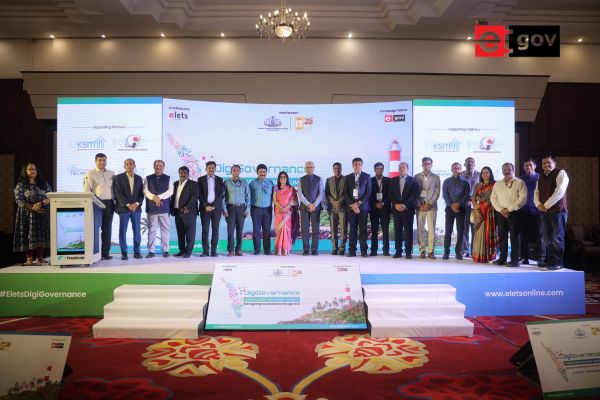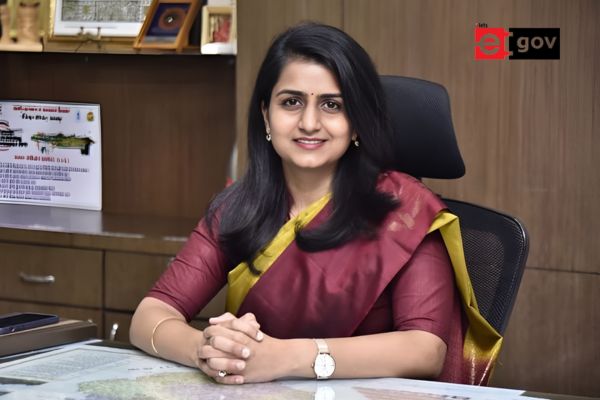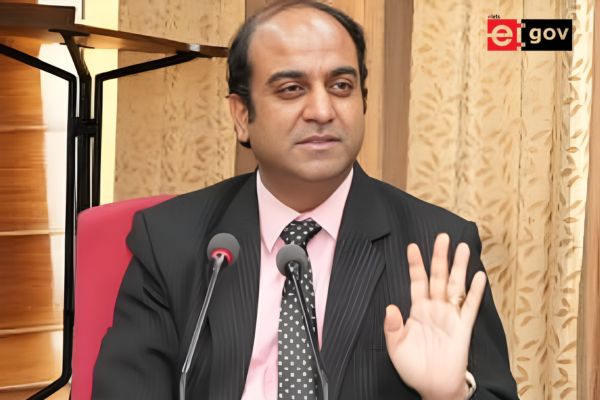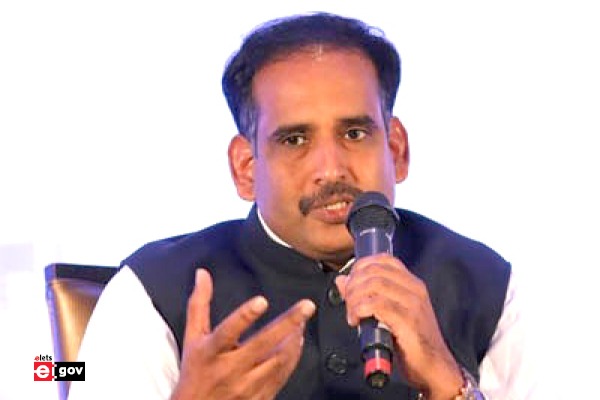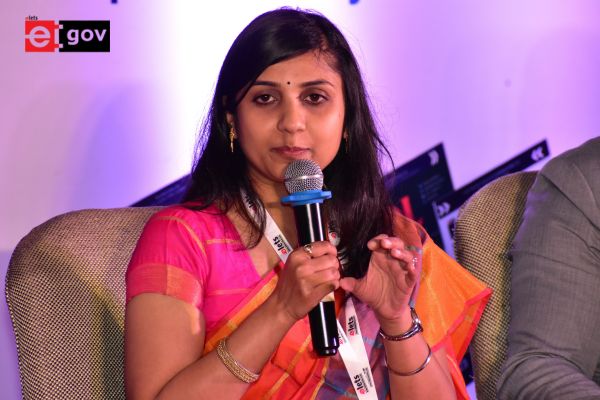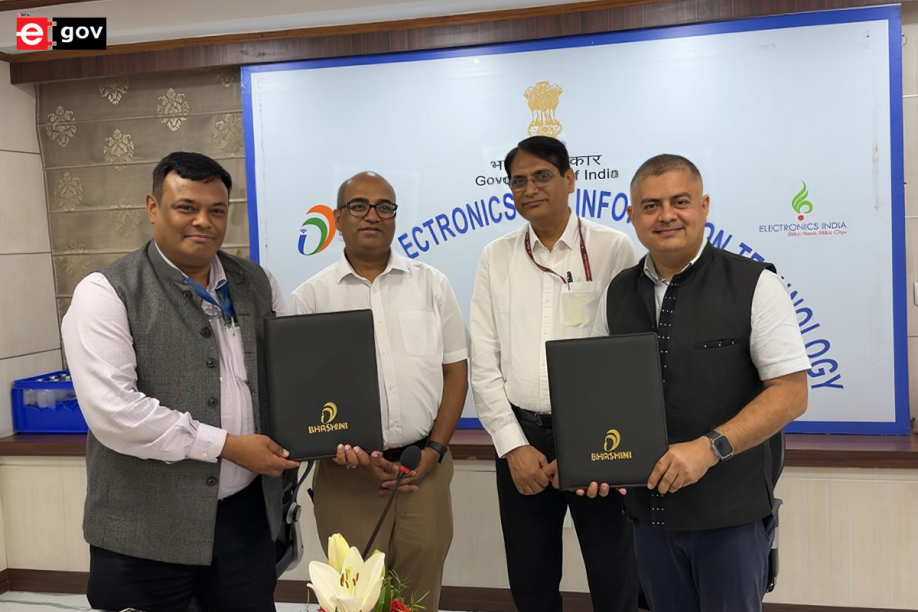
India is set to introduce a specialised anti-drone unit to safeguard its borders, with drone interceptions along the Pakistan border increasing significantly this year. Official reports indicate that more than 260 drones have been downed or recovered in 2024, a significant rise compared to around 110 incidents in 2023. These drones, often carrying illegal arms and drugs, have predominantly been intercepted in Punjab, with fewer incidents in Rajasthan and Jammu.
Union Home Minister Amit Shah highlighted the growing threat posed by unmanned aerial vehicles (UAVs) during his speech at the Border Security Force’s (BSF) 60th Raising Day event. He emphasized that drones are likely to pose an even greater challenge in the future. To address this, the government plans to establish a comprehensive anti-drone unit, integrating efforts from defence organizations, the Ministry of Home Affairs, and the DRDO (Defence Research and Development Organisation). Shah further shared positive outcomes from a new laser-equipped anti-drone gun-mounted system, which has notably increased the rate of drone detection and neutralization from just 3% to 55% in Punjab’s border region.

The drone problem, especially along the India-Pakistan border, has escalated rapidly. Drones used for smuggling weapons and drugs present a major security challenge. Although Punjab has been the hotspot for these interceptions, the problem is gradually expanding, and authorities are keen to enhance their capabilities to counter this evolving threat. Shah reiterated that the government’s “whole of government” strategy involves collaboration between multiple agencies to address the growing menace effectively.

The Border Security Force (BSF), which plays a crucial role in securing India’s 6,300 km long international borders, including with Pakistan and Bangladesh, continues to evolve in response to emerging threats. With a force strength of approximately 2.65 lakh personnel, BSF has been instrumental in curbing security breaches along India’s borders. Shah reviewed the force’s activities and acknowledged the role of the Comprehensive Integrated Border Management System (CIBMS), which is actively being deployed to secure the borders with both Pakistan and Bangladesh. While the system has shown encouraging results in Assam’s Dhubri region, further enhancements are still necessary.

Additionally, Shah spoke about the Vibrant Village Programme (VVP), a key initiative aimed at developing and bringing frontier villages into the national fold, thus improving border security and the lives of people living in remote areas. With a budget allocation of Rs 48,000 crore, the program has already made a significant impact on around 3,000 villages.

In his speech, Shah also underscored the government’s efforts in strengthening border security infrastructure, including the creation of new border posts and an extensive road network, totalling over 1,800 km. These efforts aim to enhance the operational readiness of forces deployed at the border, ensuring that India’s security apparatus remains prepared to handle modern threats like drone incursions.
Also Read | Home Minister Amit Shah announces expansion of Ladakh with Five new Districts
BSF Director General Daljit Singh Chawdhary echoed these sentiments, pointing out the alarming rise in drone activities, especially those carrying illegal goods across the Pakistan border. He confirmed the deployment of DRDO-made anti-drone systems as part of the ongoing efforts to tackle the drone menace and secure the nation’s borders effectively.
Be a part of Elets Collaborative Initiatives. Join Us for Upcoming Events and explore business opportunities. Like us on Facebook , connect with us on LinkedIn and follow us on Twitter, Instagram.
"Exciting news! Elets technomedia is now on WhatsApp Channels Subscribe today by clicking the link and stay updated with the latest insights!" Click here!




